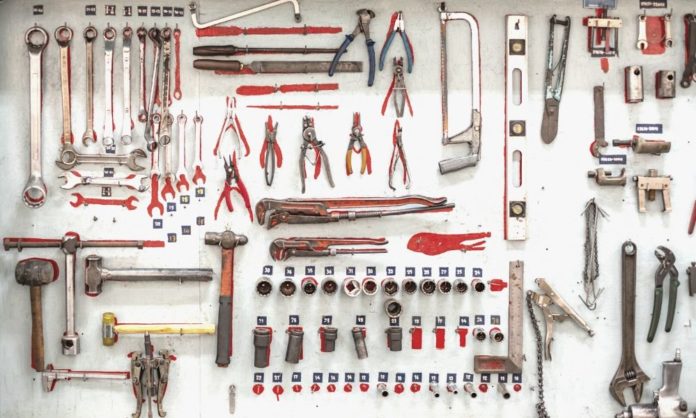One of the aspects of theatre that is easy to overlook is the presence of set pieces. We often come to view the platforms and background scene structures as a given. But skilled efforts from woodworkers and metalworkers are necessary to fabricate them, which they do so away from the view of the audience in the scene shop. Since all the pieces that establish the setting of performances come to life in this place, students must have the right tools available. To learn how to use certain tools will help them develop their woodworking or metalworking abilities. Here are some tools to have in your scene shop.
Drills
Drills are necessary for creating the points at which pieces of the set connect. You can create holes for installing fasteners to certain points, for instance. For most light or medium applications, a battery-powered lighter drill is perfectly adequate. The battery allows you to have good mobility whilst using the tool and also provides the power necessary for the task. If you need to drill into metal, you may require a stronger drill, such as a 3/8-inch hammer type. This kind plugs into a power source via a cord because of its higher energy needs.
Saws
Saws are essential because they are the primary tools with which you cut your materials into the shapes needed for the set. For thinner or smaller pieces of wood, a hand saw may suffice. Most often though, a scene shop will make heavy use of a circular saw and a jigsaw. The circular saw creates a straight, clean cut most useful in creating the overall frames of set pieces. On the other hand, the jigsaw allows you to cut in curved lines—workers often employ them when making the finer aspects of the design. Each is a fundamental component of scene shop work.
CNC router
If you want to take the potential of the scene shop to the next level, a CNC router can make a strong investment. You can direct the cutting via a computer, so you can create intricate designs easily using the software. From here, the machine can translate and read the design, and then the router will carry it out. This opens the possibility of making a plethora of complicated pieces in a much shorter time than would be possible by hand. Widely used in the professional theatre world, it’s worth it for students to become familiar with CNC routers and how they operate.








